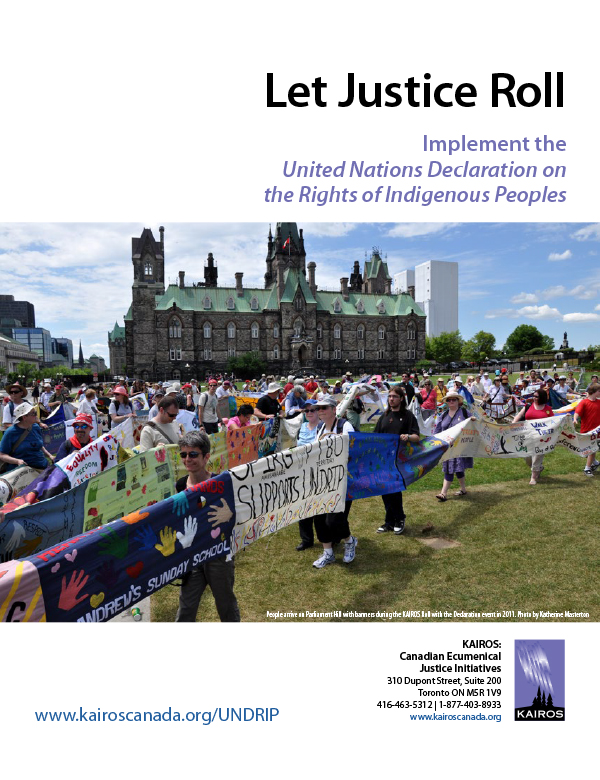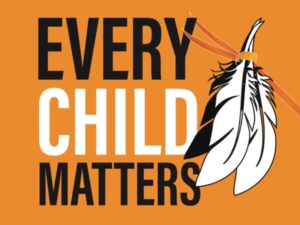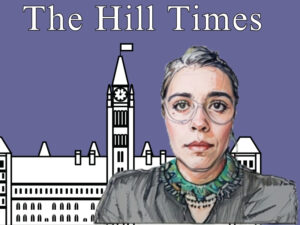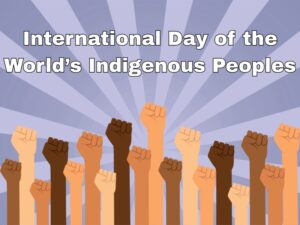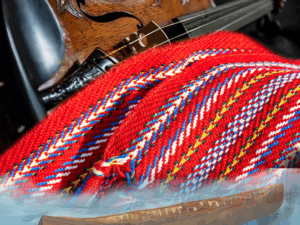Jennifer Henry, Executive Director, KAIROS
The earliest of our peace and friendship treaties between First Nations and the Crown are said to reflect Indigenous Elders’ visions for a shared life together in mutuality and respect. Indigenous Peoples, the treaties are sacred agreements to share land and resources, with land understood as the Creator’s gift. Today, churches are at different places in addressing the Doctrine of Discovery. Some have formally repudiated the Doctrine, while others are beginning a process of critical reflection. In any call to repudiate this Doctrine, it is important to ask what will take its place? In Canada, the answer certainly includes honouring the treaties signed between Indigenous Peoples and the Crown, and implementing the UN Declaration on the Rights of Indigenous Peoples. National Indigenous Anglican Bishop Mark MacDonald reminds us that through the treaties we made relatives of one another. Dr. Marie Wilson, Commissioner of the Truth and Reconciliation Commission speaks of treaties with reference to what we might call, in the language of faith, a covenant. Our chronic violations in treaties have been settler [1] failures and betrayals in our covenantal responsibilities.
Remember the words of Jeremiah: But this is the covenant that I will make with the house of Israel after those days, says the LORD: I will put my law within them, and I will write it on their hearts; and I will be their God, and they shall be my people. (Jer 31:33) Jeremiah wrote against a backdrop of failure and despair, speaking of a new covenant that could be written on peoples’ hearts, describing a transformation of the human heart so great that the people would be enabled to keep the covenant. It would be unbreakable.
The courage of residential school Survivors has given us truth and through that truth the only possibilityof a new and reconciled future. It i sour turn to respond with contrite hearts, to repudiate past doctrines of domination, to reject the ideas that linger and to claim a future of hope and commitment. Let us begin to renew those living treaties, write them on our hearts, change our lives to fulfill the obligations and possibilities of shared life together in this land. Throughout the Truth and Reconciliation Commission’s Summary Report and the Calls to Action, the Commissioners affirmed the UN Declaration on the Rights of Indigenous Peoples as the framework for reconciliation in Canada. We can read this also as a “doctrine,” written by Indigenous Peoples—a “doctrine” not of discovery but of recovery, dignity, and rights. As we reject doctrines of domination let us embrace the United Nations Declaration on the Rights of Indigenous Peoples as a context for theological reflection, as a new legal framework, and as principles to guide our way of thinking, and therefore our way of acting. Might the UN Declaration be that unbreakable covenant that can guide our way to a shared future?
May churches in Canada be travelers on a common road, seeking reconciliation. May we pray the Calls to Actions through our words and deeds. May we renew covenants with Indigenous peoples. More than anything else, may we sustain hope, that despite a brutalpast, we can and we will be different. The most humbling reality is that after all that has happened, for the most part, Indigenous Peoples continue to offer gracious welcome, seeking partnership in a just transformation of this land. To that humbling invitation of true reconciliation, an expression of profound grace, how can we refuse?
Prayer:
Gracious and loving God, forgive us for what we have done and what we have left undone in our country’s journey with Indigenous Peoples. Our failure to live up to the treaties, to live up to the dignity of all peoples, to live up to your dreams of justice have created a rupture in our nation and a deep wound in our hearts. Bring us a change of heart, a restored will, and a deepened resolve for a renewed and hopeful future. [2] With your enabling and empowering love, help us to begin to live in honour and mutual respect. Write this covenant of right relations on each of our hearts, and through the power of your Spirit, make it an enduring bond of love and justice. In the name of the One who loved every person, every creature, into being, we pray. Amen.
[1] The word “settler” is used here to describe multi-generational immigrants to Canada whose ancestors were collaborators or protagonists in the colonial process. “Newcomers” is sometimes used to characterize citizens or non-citizens who now reside in Canada but they and their families were born elsewhere.
[2] Walter Brueggemann, Like Fire in the Bones, ed. Patrick Miller (Minneapolis: Fortress Press, 2006), 152.

